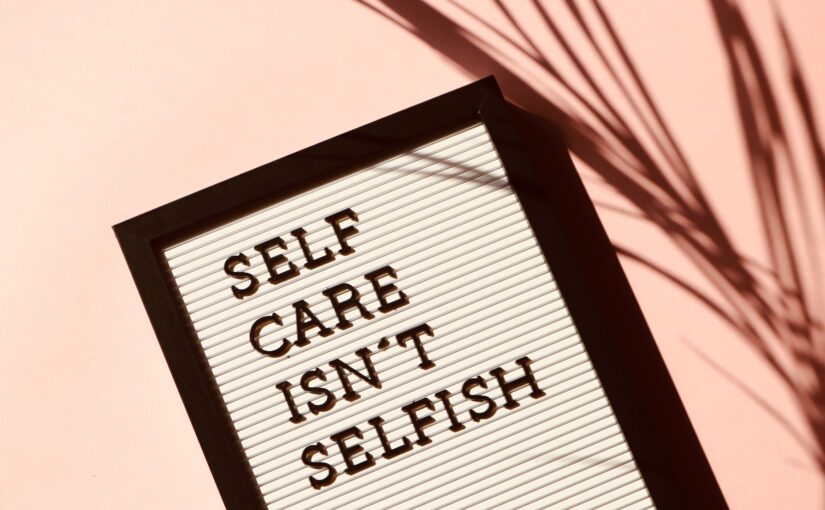Fall is coming. Does the very thought make you anxious? The kids are heading back to school. After-school activities will be in full swing. Homework will once again be more of a slog for you than the kids. Dinners will be pushed later and later. How in the world will you manage it all? There are simply not enough hours in the day.
In this article, we will share with you our favorite time management tips just for busy parents.
Get organized
Make a list of all the things you need to do in a day, week, or month. This will help you prioritize your time and make sure you don’t forget anything important. Our task manager is a great place to organize these lists.
We encourage you to divide the list into things that must be done by you, things you might be able to delegate to your spouse, your nanny, or even your children, and things that you can simply eliminate from your list. Too often we add things to our lists by habit. If there are things that don’t have to be done, take them off your list.
Set a schedule
Having a set schedule will help you stay on track and make the most of your time. Determine when you have free time and block out time for specific tasks. Be sure to schedule the tasks, meals, and exercise as well. If you don’t add them to your schedule, it’s easy to feel overwhelmed when you add them in.
Delegate and ask for help
You can’t do everything yourself! Ask your partner, friends, or family members for help with childcare, housework, or errands. Trade time with other parents. If you are picking up some things at the grocery store, ask a friend if they need something and ask them to do the same for you when they go. These small tasks add up over time.
Take breaks
It’s important to take time for yourself to relax and recharge. Schedule in some “me time” every day, even if it’s just for a few minutes. This time does not have to be productive. Although you can use it for getting in a workout, it could just as easily be used for taking time to sit and read a book. Calming your mind for an hour a day will help reduce your stress during this busy season.
Simplify your life
Streamline your schedule and commitments to make time for the things that are truly important to you. We touched on this earlier but it bears repeating. Look closely at your schedule. Do you really have to attend that pizza fundraiser for the school? What can you simply delete from your day?
Get enough sleep
When we are busy it is easy to justify stealing hours from your sleep schedule. For your health and happiness, we encourage you to avoid doing that. Sleep is essential for time management! When you’re well-rested, you’ll have more energy and focus to get things done.
Eat healthy, nutritious meals
Eating nutritious meals gives you the sustained energy you need to power through your day. Take note of how the food you eat affects your mood and your productivity. You will find that healthier meals generally make you feel better.
Exercise
Exercise is another thing busy parents are tempted to skip. Don’t! Exercise is so important for your future health. Taking time for physical activity can actually help improve your time management skills! Exercise boosts your energy and mood, making it easier to stay on track.
Stay focused
When you’re working on a task, try to minimize distractions and stay focused on the task at hand. This will help you work more efficiently and get things done faster. We encourage you to avoid multitasking because every study shows that multitasking actually slows you down. Focus on one task at a time and you will complete more tasks in a day without having to steal from sleep or exercise to get it done.
Set priorities
Not everything on your to-do list is equally important. Learn to prioritize your time by setting priorities for each task. Write your priorities down for yourself and then share them with your friends and family. If your priority this year is making sure the kids get good grades, then maybe you can limit the number of extracurricular activities they have. If your priority is your health, then skipping the workout becomes much harder to do.
Being a parent is hard any time of the year and as the school year begins and after-school activities ramp up, it’s harder than ever to manage your time. The iStratus app can help with that.








